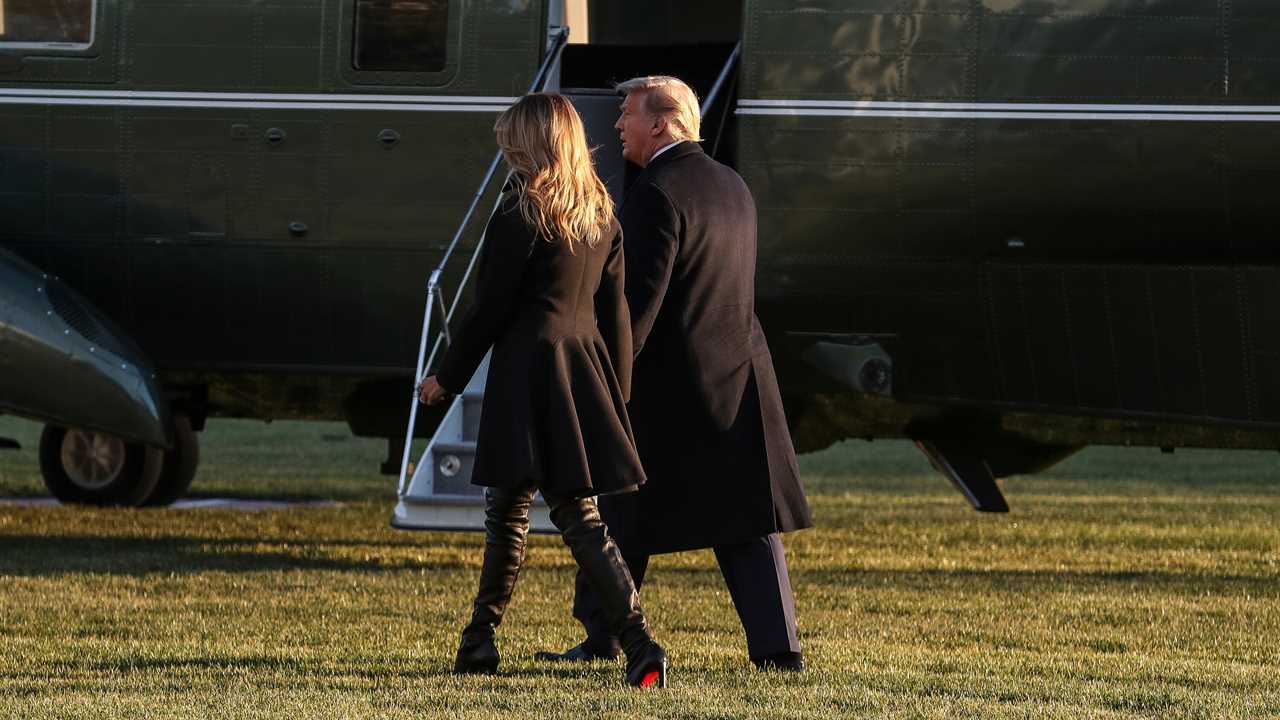
WASHINGTON — A day before expanded unemployment benefits were set to lapse for millions of struggling Americans, President Trump expressed more criticism on Friday of a $900 billion pandemic relief bill that was awaiting his signature and would extend them.
The sprawling economic relief package that Congress passed with overwhelming bipartisan support would extend the amount of time that people can collect unemployment benefits until March and revive supplemental unemployment benefits for millions of Americans at $300 a week on top of the usual state benefit.
If Mr. Trump signs the bill Friday evening or sometime Saturday, states will still need time to reprogram their computer systems to account for the new law, according to Michele Evermore of the National Employment Law Project, but unemployed workers would still be able to claim the benefits.
Further delays could prove more costly. States cannot pay out benefits for weeks that begin before the bill is signed, meaning that if the president does not sign the bill by Saturday, benefits will not restart until the first week of January. But they will still end in mid-March, effectively trimming the extension to 10 weeks from 11.
Mr. Trump blindsided lawmakers on Tuesday when he hinted he may veto the measure, which he decided at the last minute was unsatisfactory. The most pressing issue prompted by the president’s delay was the fate of unemployment benefits. At least a temporary lapse in those benefits is now inevitable.
The country is also facing a looming government shutdown Tuesday and the expiration of a moratorium on evictions at the end of the year because of the president’s refusal to sign the bill.
White House officials had the 5,000-page legislation flown to Mar-a-Lago, his club in Palm Beach, Fla., on Christmas Eve. He spent Christmas Day playing golf and, he said, making many calls.
About 24 hours after Congress approved the measure, Mr. Trump emerged in a video from the White House to declare that it was a “disgrace.” He called for direct payments to be more than tripled to $2,000 per adult and assailed provisions in the funding bill — such as foreign aid and money for the Kennedy Center for the Performing Arts — as wasteful, though most of those provisions came almost dollar for dollar from his own budget request.
On Friday afternoon, Mr. Trump expressed further misgivings about the legislation that awaited his signature, but he still offered no hints on his plans.
“Why would politicians not want to give people $2000, rather than only $600?” he said on Twitter, possibly referring to his own party’s move on Thursday to block a House Democratic bill that would have increased the size of direct payments to $2,000. “It wasn’t their fault, it was China. Give our people the money!”
Latest Updates
- Turkey announces a good result for a Chinese vaccine, but with little backup data.
- London is giving homeless people shelter, and the ability to avoid the coronavirus.
- In a first for the Moderna vaccine, a doctor in Boston reported suffering a severe allergic reaction.
Mr. Trump was largely uninvolved with the negotiations over the legislation, but his Treasury secretary, Steven Mnuchin, was thought to be negotiating on the president’s behalf.
The aid bill also includes billions of dollars to help states with coronavirus vaccine distribution, a replenished small business loan program and relief money for airlines. It was passed along with a spending measure to keep the government funded for the remainder of the fiscal year, the cost of the combined package is $2.3 trillion.
Treasury Department officials, expecting that the president would sign the bill this week, had been planning to work through the Christmas holiday period to relaunch the Paycheck Protection Program for small businesses and to push payments through direct deposit by early next week. However, that all now sits in limbo.






